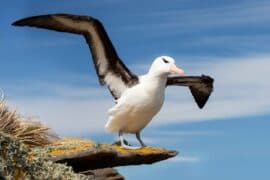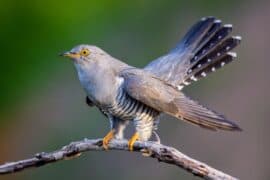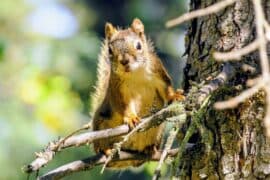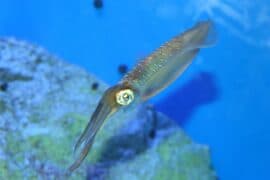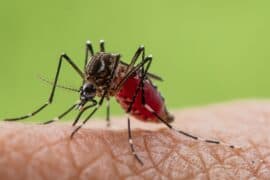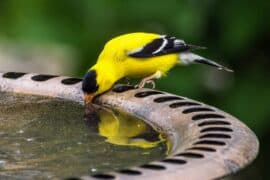New Zealand green-lipped mussel
(Perna canaliculus)
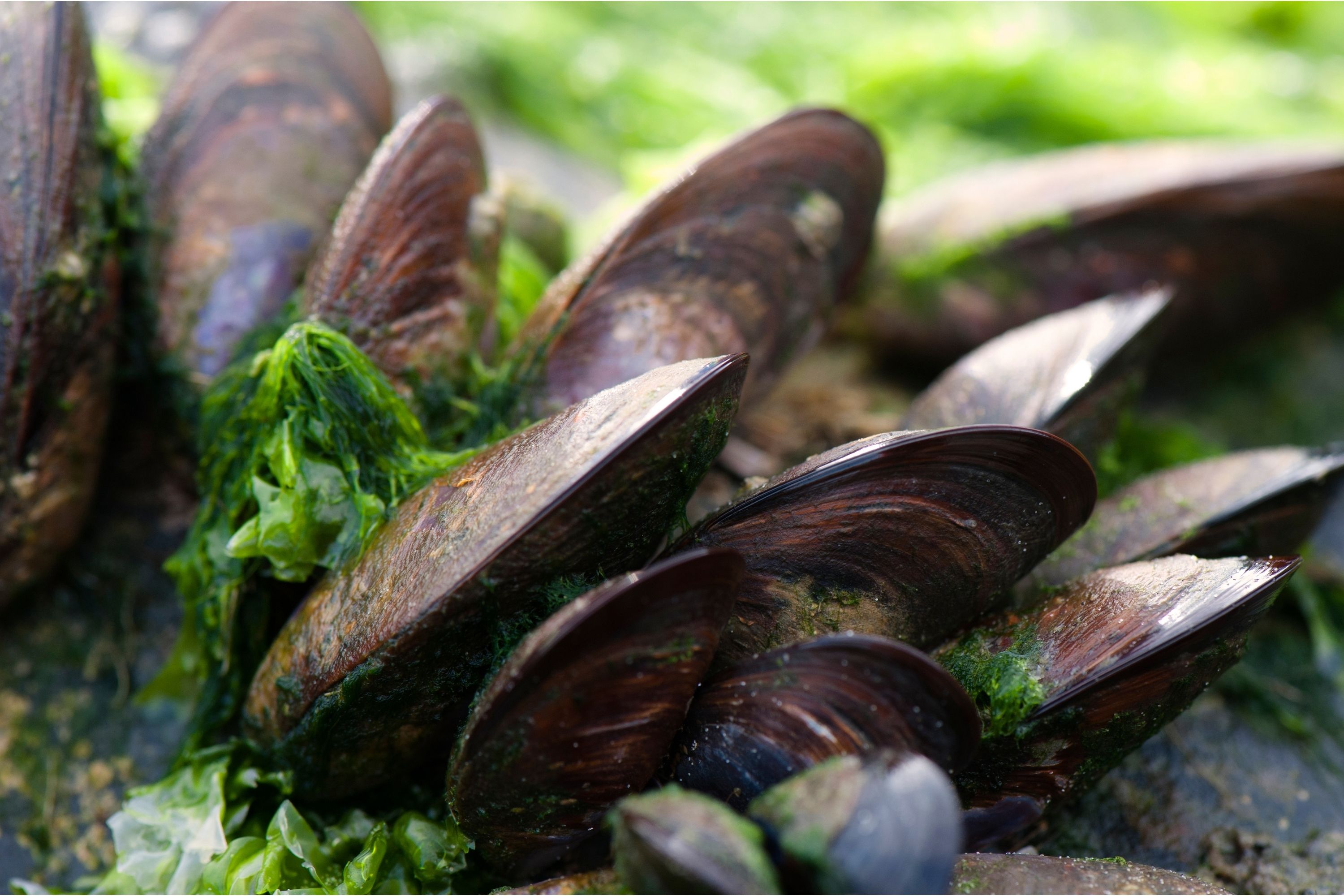
Description
Perna canaliculus, the New Zealand green-lipped mussel, also known as the New Zealand mussel, the greenshell mussel, kuku, and kutai, is a bivalve mollusc in the family Mytilidae (the true mussels). P. canaliculus has economic importance as a cultivated species in New Zealand. The word "canaliculus" is a noun, not an adjective, so it is invariable and does not agree grammatically in gender with the genus that it is combined with. Perna canaliculus occurs around all of New Zealand's mainland. It is usually found below the intertidal zone, but it can occur in the intertidal zone. P. canaliculus feeds on various types of phytoplankton. This shellfish is economically important to New Zealand. It differs from other mussel species in that it has dark brown/green shells with green lips around the edges, and has only one adductor muscle. It is also one of the largest mussel species, reaching 240 millimetres (9 in) in length. P. canaliculus is endemic to New Zealand. When grown for aquaculture there, it is marketed under the trademark name Greenshell. This industry produces over 140,000 metric tons (150,000 short tons) annually and in 2009 was valued in excess of NZ$250 million. The aquaculture of the New Zealand greenshell mussel relies heavily on the production of mussel seed, or spat, by wild mussel populations. Around 270 tonnes of wild spat which is attached to beach-cast seaweed are collected from Ninety Mile Beach in northern New Zealand each year to supply the aquaculture industry. Nowhere else in the country are such large quantities of mussel-covered seaweed washed ashore. The density of spat varies from 200 to 2,000,000 per kilogram (91 to 907,185 per pound) of seaweed. This single beach provides around 80% of the seed mussels required for this aquaculture industry. The remaining 20% is caught using fibrous ropes which are suspended in the sea near mussel farms. Even with this industry’s heavy dependency on wild spat, the biological and environmental processes by which the spat arrives on Ninety Mile Beach and on spat collection ropes are largely unknown. Furthermore, the amount of mussel spat that lands on Ninety Mile Beach is highly variable. This uncertainty of supply has resulted in major production problems for the industry which must endure periods up to a year without the arrival of any spat.
Taxonomic tree:

